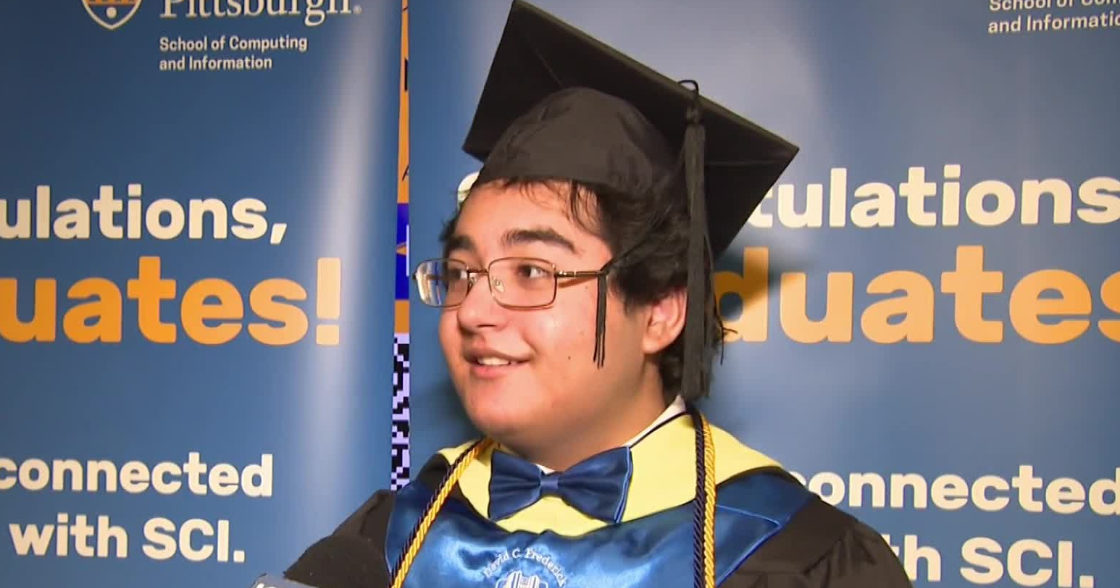Defense medical expert testifies Pittsburgh synagogue gunman had history of mental illness, suicide attempts and delusion
Editor's note: This story references suicide. If you or a loved one is in crisis, call the National Suicide Prevention Lifeline at 988.
PITTSBURGH (KDKA) — According to testimony, the Pittsburgh synagogue gunman had a long history of mental illness, suicide attempts and delusion.
The testimony came Wednesday from a defense medical expert on Day 3 of the penalty phase of the trial.
The defense is trying to convince the jury Robert Bowers should be spared the penalty because of his history of mental impairments, but government prosecutors challenged the defense's key witness and poked holes in those claims.
Prosecutor Eric Olshan challenged medical expert Siddhartha Nadkarni, who testified Bowers is epileptic and schizophrenic, unable to perceive reality and make rational decisions.
Olshan asked: "Is it your testimony that the defendant is incapable of planning an attack on the Tree of Life Synagogue, carrying it out and murdering 11 people "
Nadkarni replied: "I don't know what was going on in his mind at the time. His brain works in a way that misinterprets what's going on and he's paranoid."
Nadkarni — an expert in neuropsychiatry who examined brain scans, reviewed medical records and personally interviewed the defendant — testified Bowers is epileptic and schizophrenic and has repeatedly tried to kill himself since he was a boy.
"It's very unusual to see such a severe psychiatric history as a child. He had something wrong going on his brain at a very young age," Nadkarni testified.
The defense produced police and medical records indicating Bowers first attempted suicide at age 10. At age 13, he was admitted into McKeesport Hospital after threatening to kill himself and reportedly threw an inflammable liquid on his mother and tried to light it. Other records showed at 16, he was involuntarily committed to St. John's Hospital for a suicide attempt and two years later was committed to St. Francis Hospital for repeated suicide attempts.
Prosecutor Olshan discounted many of these instances, showing evidence one involved heavy drinking and that Bowers once put a gun in his mouth as a ploy not to be evicted from an apartment.
Olshan also challenged Nadkarni's diagnosis of schizophrenia and epilepsy, which a prior witness defined as two or more seizures more than 24 hours apart. Olshan questioned whether Bowers ever had an epileptic seizure.
The prosecution also produced a psychiatric report from the Allegheny County Jail after the massacre. The report said Bowers appeared rational, had no suicidal thoughts and showed no signs of delusion.
Support is available for those in need during the trial
If you or someone you know is experiencing mental health effects from the trial, go to 1027healingpartnership.org to find help resources. As always, call 911 to report threats.
Phone: 412-697-3534
Email: info@1027HealingPartnership.org
Website: 1027healingpartnership.org
More resources can be found here.




